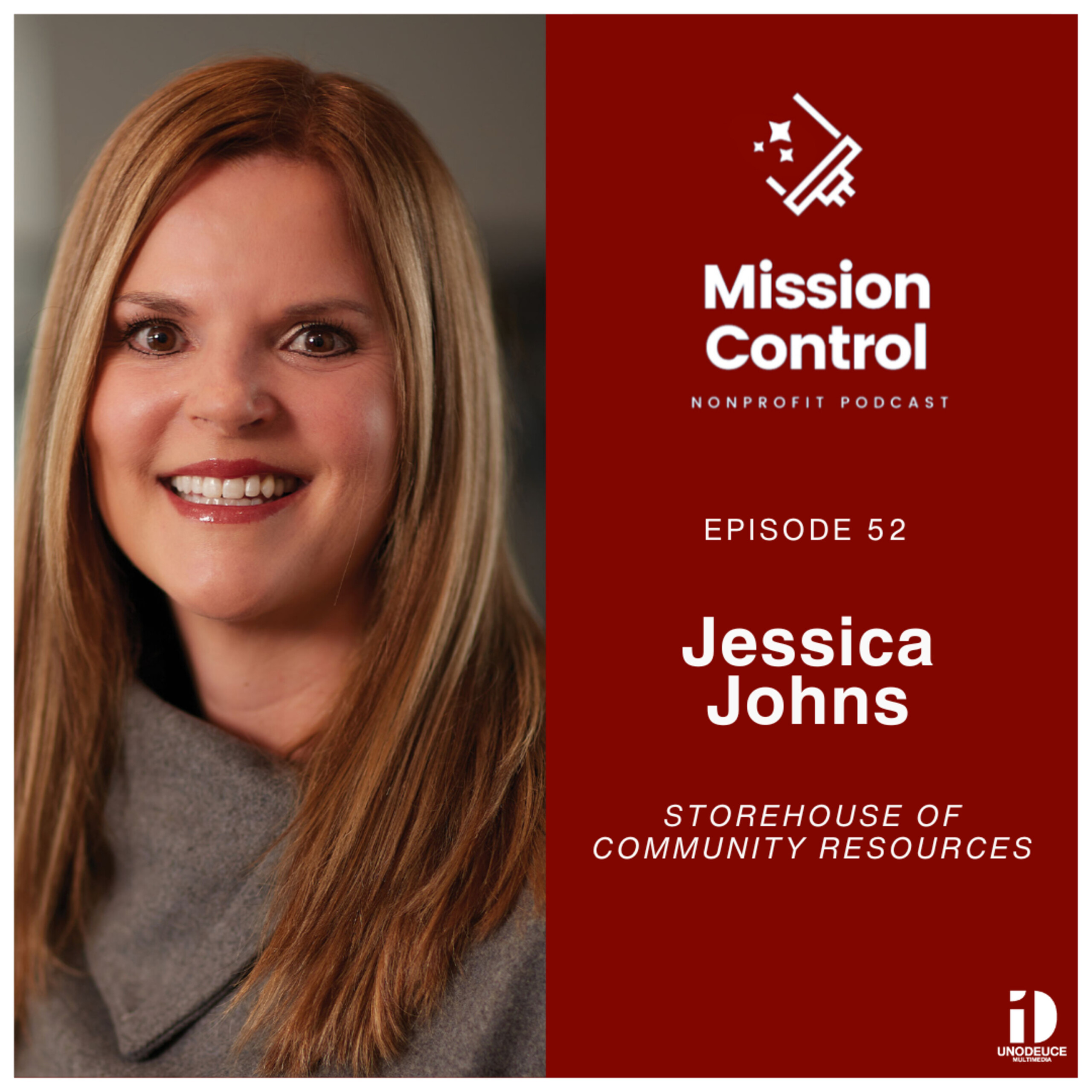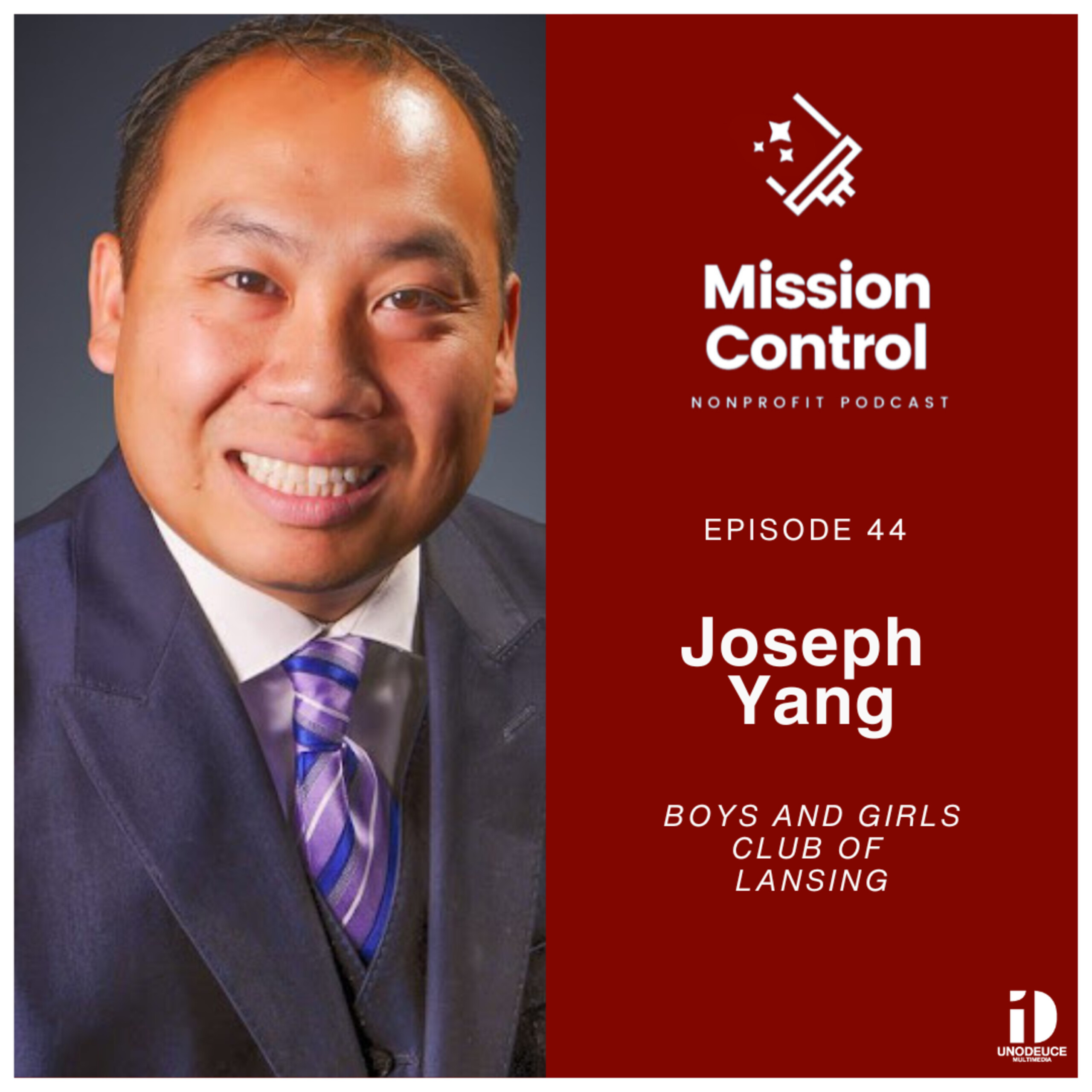MISSION CONTROL: Building a Stronger Lansing with Laurie Baumer of Community Foundation
MISSION CONTROL: Building a Stronger Lansing with Laurie Baumer of Community Foundation
Building a Stronger Lansing: Laurie Baumer’s Vision for Community and Connection
When it comes to building stronger communities, few leaders bring as much heart, vision, and collaboration to the table as Laurie Baumer, President and CEO of the Community Foundation in Greater Lansing. In her conversation with Mission Control host Paul J. Schmidt, Laurie reflects on her journey through nonprofit leadership, the lessons she’s learned along the way, and the collective power that drives real, lasting change across Mid-Michigan.
From the start, Laurie makes it clear that her work at the Community Foundation is about more than grants and donations—it’s about creating vibrant, connected communities across Ingham, Eaton, and Clinton counties. The Foundation serves as a trusted partner for donors, nonprofits, and local leaders, channeling generosity into meaningful impact. “Our mission is really about building a region where everyone can thrive,” Laurie shares. “We connect people who care with causes that matter.”
A Riverfront Reimagined
One of the Foundation’s most visible impacts can be found right along the Lansing riverfront—a project Laurie calls both a strategic and emotional investment in the community’s future. When she and her team began exploring economic development opportunities, they noticed something missing: a cohesive plan to make the riverfront a true destination.
Through partnerships, vision, and persistence, that gap became an opportunity. Projects like Rotary Park and Fish Ladder Music Park have redefined how people experience downtown Lansing. What was once overlooked has become a gathering place for concerts, festivals, and everyday connection.
Laurie recalls that not everyone saw the vision at first. “There was skepticism,” she admits. “But once people experienced it—once they saw families playing by the water, music in the air, and businesses coming alive nearby—the excitement grew. It became a symbol of what’s possible when we work together.”
The riverfront transformation stands as a shining example of placemaking done right—where community pride and economic momentum meet to create something that truly belongs to everyone.
The Path to Philanthropy
Laurie’s journey into fundraising wasn’t a straight line. Early in her career, she worked in advertising and state government, sharpening her communication and leadership skills before finding her true calling in the nonprofit world.
It began with volunteer work at the Humane Society, where she quickly discovered a passion for connecting people to purpose. Under the guidance of a seasoned mentor during a major capital campaign, she learned the art of fundraising—not as a transaction, but as a relationship.
“Fundraising is really about storytelling,” Laurie explains. “It’s about showing people the incredible work nonprofits are doing and giving them a chance to be part of that success. When donors see both the need and the impact, it builds trust—and that’s where transformation happens.”
From Ele’s Place to Community Foundation
Before joining the Community Foundation, Laurie spent sixteen impactful years at Ele’s Place, an organization that provides grief support for children and families. There, she applied her marketing background to expand fundraising, awareness, and mission growth during some of the organization’s most pivotal years.
Her transition to the Community Foundation came naturally. “After so many years focused on one mission, I was ready to take what I’d learned and apply it to something broader,” Laurie reflects. “The Foundation gives me the opportunity to support hundreds of causes—each one making our region stronger in its own way.”
Leading Through Challenge
When the COVID-19 pandemic struck, Laurie’s leadership and foresight were put to the test. Years of building organizational strength paid off as the Foundation pivoted quickly, shifting grant priorities and deepening collaborations with partners like United Way to support nonprofits facing unprecedented challenges.
“Those relationships we’d been nurturing for years became essential,” she says. “We weren’t just funding projects—we were helping sustain the heartbeat of our community.”
The experience reinforced her belief that trust and preparation are the foundation of resilience.
New Energy, New Initiatives
Today, the Community Foundation is moving boldly into its next chapter. Laurie highlights the momentum of the Community Investment team, a dedicated group driving fresh energy into regional initiatives and donor engagement.
With new board leadership and a renewed focus on riverfront development, the Foundation continues to champion projects that bring people together. Laurie is particularly passionate about cultivating local leaders and CEOs as champions for change—people who can use their influence to strengthen the fabric of downtown Lansing and beyond.
“Our role is to help them see how their investment—financially or through leadership—can transform a community,” she says. “It’s about building champions, not just checking boxes.”
Grounded in Faith and Connection
Amid the constant pace of leadership, Laurie finds balance in moments of stillness—spending time at Higgins Lake, reflecting on nature, and leaning into her faith. It’s a reminder that even the most community-minded leaders need space to recharge.
“Faith keeps me grounded,” she shares. “It reminds me why this work matters—not just for today, but for the generations that will follow.”
Looking Ahead
Laurie Baumer’s story is one of vision, collaboration, and heart. From transforming the Lansing riverfront to empowering nonprofits through trust and partnership, her leadership continues to shape the region’s future in meaningful ways.
As she looks ahead, Laurie remains focused on one simple truth: lasting change begins with connection. And through the work of the Community Foundation in Greater Lansing, those connections are building a stronger, more vibrant Mid-Michigan—one relationship at a time.
To learn more, visit ourcommunity.org or follow Capital Region Community Foundation on **LinkedIn** and **Facebook**. And to hear Laurie’s full conversation with Paul J. Schmidt, check out the *Mission Control* podcast—where stories like hers remind us that every act of giving begins with connection.










